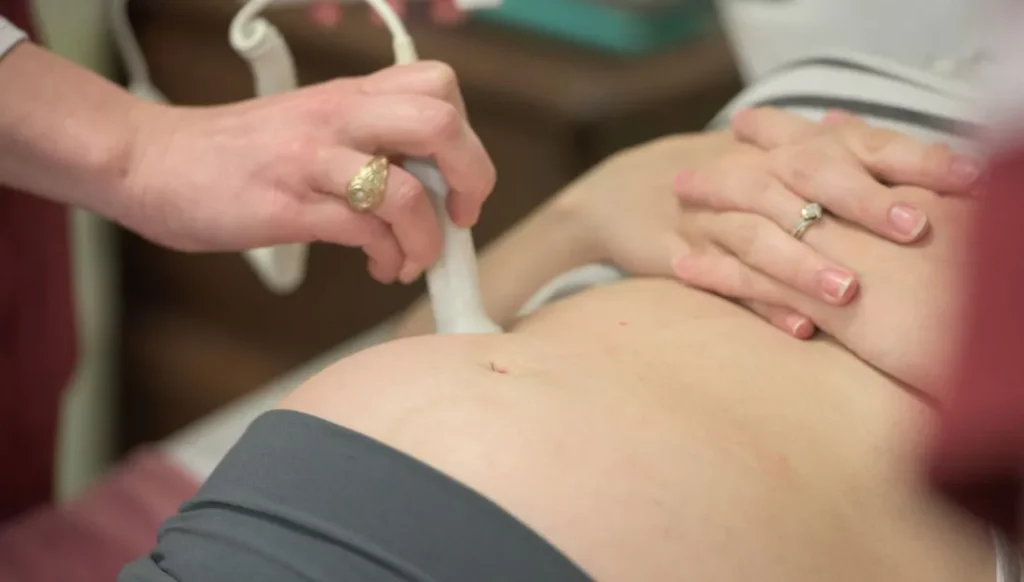Detecting preeclampsia during first trimester: Lab at Texas A&M secures biomarker patent

A research lab at Texas A&M University’s Irma Lerma Rangel School of Pharmacy has secured a patent for epigenetic and microRNA (miRNA) biomarkers associated with the pregnancy complication preeclampsia.
Mahua Choudhury, associate professor in the Department of Pharmaceutical Sciences, leads the lab, which aims to find therapeutic miRNA-based medicine and envisions the development for a quick, non-invasive test that can detect preeclampsia in early pregnancy. This will allow for prompt treatment and improved outcomes for mothers and their babies.
“We’re currently doing several translational research studies so that we can detect and treat preeclampsia in expectant mothers during the first trimester before any symptoms even arise,” Choudhury said.
Preeclampsia is a pregnancy complication characterized by high blood pressure and protein in urine during or after 20 weeks of pregnancy.
“It is too late to do anything at this stage. It can lead to premature birth or even more critical, the death of the baby or the mother. Preeclampsia also has future consequences in women like contributing to heart diseases. Early detection and treatment are therefore crucial to prevent severe consequences,” Choudhury said.
Recent evidence indicated that preeclampsia almost doubled for women who had COVID-19 while pregnant, making it even more critical to predict and treat preeclampsia—a need that is currently unmet.

